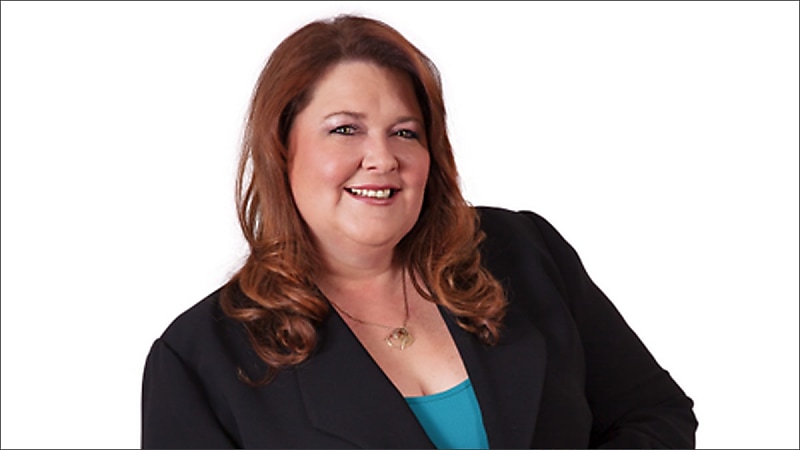‘Perceived’ independence crucial in audit process: specialist
Maintaining “perceived” independence can be one of the major challenges for an auditor, a specialist consultant has said.
Sharlene Anderson, principal of Veritas Audit, said at the recent ASF Audits Technical Day that not everything is “black and white” in regard to ethics in the audit sector, including the requirement to maintain independence.
“The definition of independence is freedom from bias or undue influence, and it is a pretty high bar for auditors to jump [to meet] that independence definition,” Anderson said.
“The APES 110 gives us a lot of the requirements and guidance on how to deal with the ethics and what things will impact your independence. One of the important things is it's not just actual independence, it's perceived independence. You've got to run the pub test and say, ‘would the average person consider whatever the decision might be something that's breaching your independence?’”
Anderson said that criteria – the perception of the average person – has been impacted over recent years by different scandals and as there is an expectation that auditors are the gatekeepers, they are often to ones that are implicated for not “sounding the alarm”.
“There are other perceptions of what we do too such as conflicts of interest – financial, personal or professional – and you need to look at identifying both direct and indirect conflicts,” she said.
“They are not always right in front of you, or something that you can control, but as auditors, you have an obligation to safeguard your objectivity, which is the key to your independence. The simplest example is providing accounting services and audit services in the same super fund.”
Although that practice has been “outlawed”, it is a subjective test for auditors.
“So, would an informed third party perceive you've got independence if your firm was providing the accounting and the audit services?” Anderson said.
“Next, could my decision withstand public scrutiny? I like to call this the front-page test. Would you like to be on the front page and for whatever the reason may be, do you feel that the decision you've made would be able to be defended and you could come out unscathed?”
She said these sorts of questions are useful if an auditor is facing a dilemma they are trying to work through.
“It's like, what would be the fallout if this is the wrong decision, and can I justify it? Do I have sufficient file notes and backing and logic and reasoning for why I've done what I've done, that an informed third party would think that that was OK? Am I prioritising compliance or client relationships over ethics?”
“Compliance is sticking to the rules and making sure that we're doing everything we can do, and client relationships are our bread and butter. That's where we make our money. So both of those things are pretty important, and sometimes your ethics perhaps could jeopardise those relationships and give you reason to start to think about whether you could do things slightly differently.”
She gave an example of small, seemingly inconsequential things that are immaterial to the audit, but which auditors are still obliged to notify the trustee.
“One of the challenges that comes with that is quite often you're picking up a small error their accountants made, but you've got to tell them about it. The accountants don't like you when you tell their clients that they've made small errors,” Anderson said.
“We have always operated by notifying the accountants first, because then what happens is they redo the financials and send them back. The files have got to be updated and changed, and although this is a trivial error, accountants may want to avoid it going in the management letter to the clients.
“It's a bit of a catch-22 on how you manage that sort of scenario and what you're going to do with it and the broader impacts. This becomes quite important in so far as your reputation, your credibility. When it comes to compliance risk, there are potential penalties if you don't follow the rules and stick within the compliance guides.”


